バカとはどういう意味ですか?日本で最も人気のある冒とく的な言葉馬鹿げた、愚かな、愚かな、欠けている、狂ったなどの言葉を1つの魔法の言葉で呼ぶことができます
「バカ」は最も一般的な日本の誓いの言葉です。バカの意味は通常、愚かまたは愚かですが、文脈、関係、その他の要因に応じて、さまざまな意味を帯びることがあります。
バカは、平ヶ奈ではバカ、カタカナではバカと呼ばれることもあります。インターネットでは、ヴァカやβακαと書かれることもあります。
バカの意味はさまざまな形をとることができますが、確かに否定的な意味合いがあります(結局のところ、それは卑猥な言葉です)。したがって、一般的には一般的に使用されません。法的な状況。
たとえば、会社の部下に「バカ」と言った場合、古いVCRでビデオを見るのに時間を費やす必要があるかもしれません。この子犬を日本語の武器庫から引き出す前に注意してください。
そこで、この馬鹿の単語を誤用して馬鹿にならないように研究します。
- 馬鹿語源
- #1四季の物語(中国の大歴史家の記録)
- #2サンスクリット語の「モハ」
- #3馬鹿物(若者)
- #4破産した家族
- #5家族名馬馬(うま)(馬)
- バカの使い方
- ニュアンス
- ポジティブな意味
- 組み合わせ
- バカの意味の例
- 馬鹿の方言
- 私たちはすべて馬鹿です!
馬鹿の語源
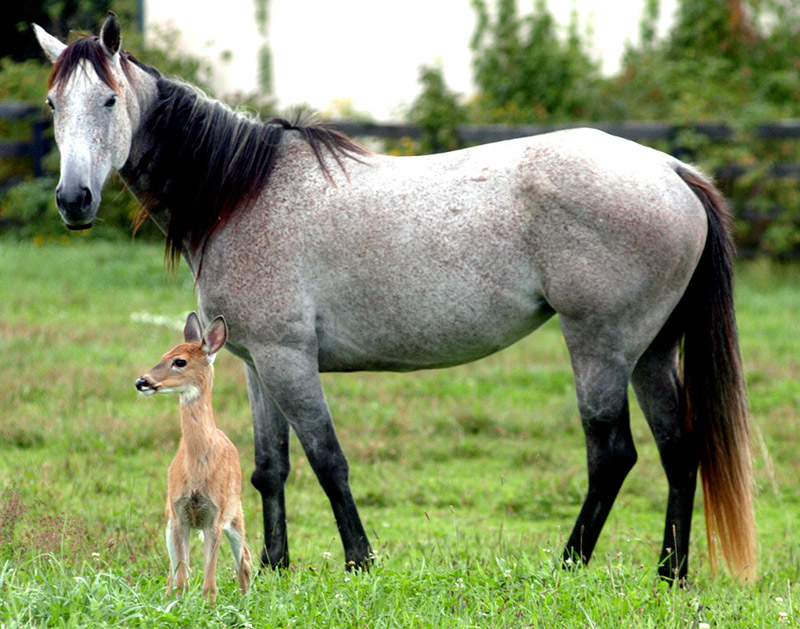
馬鹿の定義の起源についてはいくつかの理論がありますが、残念ながら私たちはどちらが正しいかわからない馬鹿の最も古い使用法は、太平記(書かれたと言われる日本の歴史的叙事詩)にありますen by Kojima Houshi in 1370s)。当時の言葉は馬鹿馬鹿(馬鹿)ではなく、馬鹿者(馬鹿者)(愚かな人)でした。したがって、その馬鹿者がこの用語の最初の使用法であったという理論は、他の理論よりも信頼できます。興味深い理論はたくさんありますが、今日はそのうちの5つだけに焦点を当てます。
#1秦の物語(中国の大歴史家の記録)
中秦王朝の第二皇帝コガイの時代、彼の宦官長子は彼の力を奪おうとして反乱を計画しました。彼はどの廷臣が彼の側にいるのかを知りたくて、アイデアを思いついた。彼は皇居に鹿を連れてきて皇帝に差し出し、「とても珍しい馬を連れてきました」と言いました。当然のことながら、皇帝は混乱して「これは鹿ではないか」と尋ねました。
分割線を引いたチョコは、「これは間違いなく馬ですよね」と尋ねる廷臣の方へ移動しました。ちょこを恐れた人は「はい、これは馬です」と答え、恐れなかった人は「いいえ、鹿です」と答えました。ちょこは後に鹿に答えた廷臣を殺しました。 p>
- 指鹿為馬(しろくいば)
- 鹿を指差して馬と呼ぶ
力を使って何かを主張することを説明するために立ち上がった
バカはこの物語から来ていると信じられており、この理論は実際に最も広く受け入れられています。しかし、1つの矛盾は、「バカ」の「カ」部分が
#2サンスクリット語の「モハ」
「バカ」と読むことができるもう1つの単語は、 kanji莫迦(ばか)は、サンスクリット語で「無知」と「幻想」を意味する「モハ」に由来します。僧侶がバカをエソテリックに使い始め、後に一般的に使われるようになったと理論づけられています。この理論は、江戸時代の日本人学者である天野貞影によって提唱され、高治園を含むほとんどの主要な国語辞典で使用されています。しかし、「無知」は最初に使用されたときの日本語では馬鹿の意味ではなかったため、この理論に疑問を呈する研究もあります。
この理論への興味深い追加は、バングラデシュの公用語であるベンガル語でサンスクリット語で「馬鹿」という言葉は「愚かな人」を意味します。
#3若物(若者)
日本語では「わかもの」は「若者」を意味します。 。この説では、若物を馬鹿と呼ぶと、なぜか若物の「w」が「b」に変わって、馬鹿者(馬鹿者)が誕生した。
日本の民俗学の父である柳田國男は、広辞苑の編集者である新村出がこの理論を提示したが、彼が亡くなったときにそれを裏付ける文書を残さなかったと述べた。したがって、この理論の真実はまだ不確かです。しかし、知られていることは、新村はサンスクリット語の「モハ」の理論を麹園に受け入れたがらなかったということです。
#4 Bankrupt Family
The word baka 破家(ばか) in the Zen Buddhist scripture means “a family bankrupted” and it’s said that bakamono 馬鹿者(ばかもの) came out of this to refer to a person as “someone that is so stupid that they could allow their family to go bankrupt”. This theory was presented by a professor at Tohoku university, Kiyoji Sato, and adopted by a Japanese dictionary Nihon Kokugo Daijiten 日本(にほん) 国語(こくご) 大辞典(だいじてん).
#5 The Family Name uma 馬(うま) (Horse)
In Bai Juyi’s poetry anthology Hakushi Monju 白氏(はくし) 文集(もんじゅ), there is a poem about a wealthy Chinese family with the name uma 馬(うま) who spend all their money on stupid things and eventually go bankrupt. It’s considered bakamono 馬鹿者(ばかもの) was born as a 馬家者(ばかもの), which can be broken down as ba 馬(ば)(Horse)-ka 家(か)(Family’s)-mono 者(もの)(Person). This theory was presented by Osamu Matsumoto in his book “Zenkoku Aho・Baka Bunpu Kou 全国(ぜんこく)アホ・バカ 分布(ぶんぷ) 考(こう)”.
How To Use Baka
The meaning of baka is so varied (as you”ve seen), it”s no wonder that it”s usage is equally complex. You can”t just scream “ばか!” and expect it to be taken the same way by every person in every situation.
To better understand how and when to use this ultimate Japanese swear word, we”ve broken the baka usage into three parts.
Nuance
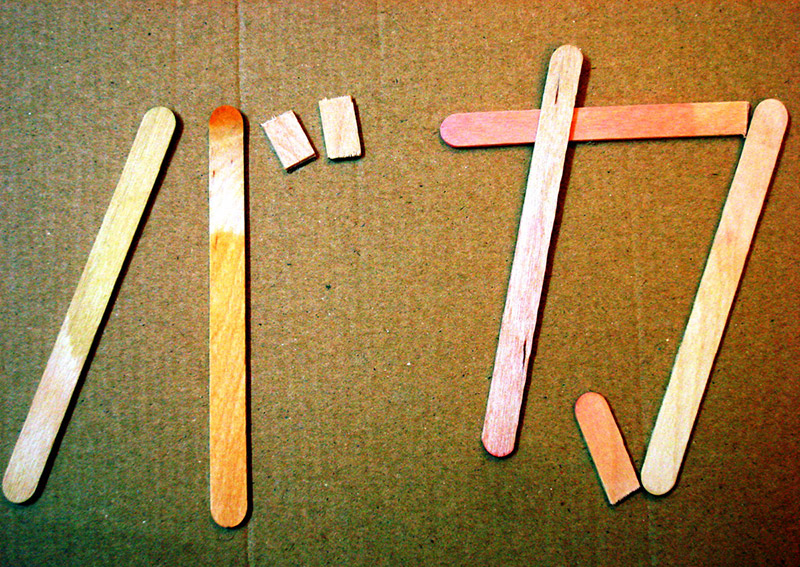
Though we can’t be sure how it came into being, we know that baka eventually emerged to take its place as the nasty little word we know and love today. That said, let’s go over how it’s being used presently and learn how to “mind your Ba’s and Ka’s”.
The often observed implications of the word are “insufficient knowledge”, “insufficient thoughtfulness”, “insufficient understanding”, or “abusing the stereotype”. The baka meaning changes depending on the person who says it, the person/object/situation it is directed towards, and the situation in which it is used.
I know that sounds confusing. With so many possibilities, surely you’ll have trouble knowing exactly when to use it. However, unlimited possibilities mean you pretty much can’t get it wrong. The beauty of the many nuances is that you can just blurt out ばか at any random time and people will automatically correlate the meaning most suited to the current situation. You (mostly) can’t lose!
Be aware though that its usage is quite different regionally. For example, in Kanto (Gunma, Tochigi, Ibaraki, Saitama, Tokyo, Chiba, and Kanagawa), baka is generally used for mild ridicule, whereas it’s the go-to word when you really want to curse someone out in the Kansai region (Mie, Nara, Wakayama, Kyoto, Osaka, Hyogo, and Shiga). Thus, it’s important to note that people take this word very differently depending on where they’re from.
If you know a bit of a certain dialect, you may have heard the synonym aho 阿呆(あほ), which is the most commonly used profanity in Kansai. Although both are very similar words, there are slight differences between them. Baka is often used when someone’s will or effort to understand is lacking, whereas aho is used when someone’s ability to understand is completely lacking. So aho is generally the more nasty of the two.
The place where one must practice the most discretion though, is Hokkaido. People from all over Japan have moved to Hokkaido so there is no way of immediately knowing which side of the Aho / Baka fence someone might fall on. The nastier of the two words may differ depending on the area of Hokkaido you’re in. Hokkaido-ans also have their own regional version of baka, which is Hankakusai はんかくさい() or in the old dialect Takuranke たくらんけ(), but more on that later.
Positive Meaning
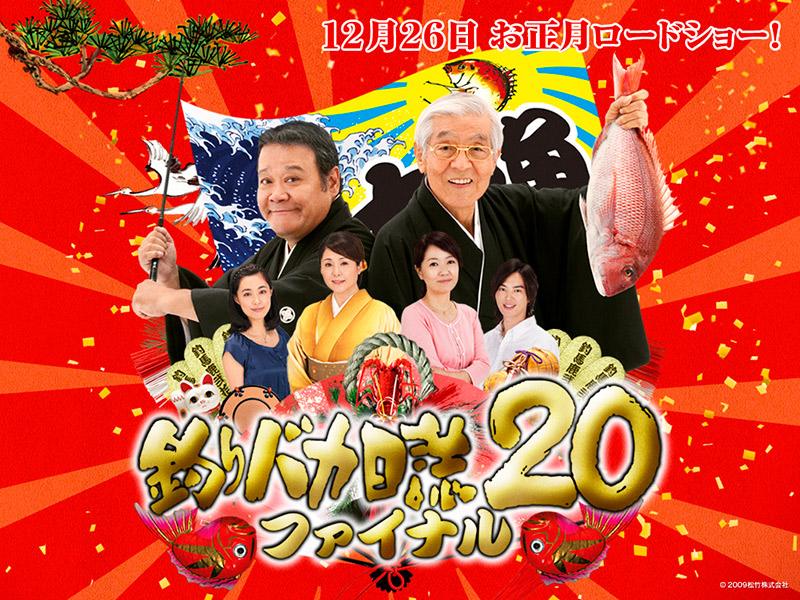
Baka is often used to mock someone, but it can also be used in a good-natured way. Like the English word “silly”, it could express stupidity, foolishness, and irrationality, but can also describe ridiculousness, an inebriated state, or even feelings of endearment for someone. If you tell that beautiful woman walking down the street or the handsome guy from accounting that they are baka, you’re not likely to get a phone number. But watching how the baka Japanese word is used between people can reveal the kind of relationship they share.
Someone who is really into something can also be called baka. In this case, “baka” means that you are so keenly interested and involved in something that your attention for other people or other things is lacking. For example, there is a famous movie called “Tsuri-Baka-Nisshi 釣(つ)りバカ 日誌(にっし)” (Fishing Fool’s Diary) in which the main character is a salaryman whose top priority is fishing. This particular baka meaning is often self-appointed and sometimes denotes a sort of respect.
Some more examples of this usage are: yakyuu baka 野球(やきゅう) 馬鹿(ばか) meaning someone who is really into baseball. If you are really into learning Japanese, you might call yourself nihongo-baka 日本語(にほんご) 馬鹿(ばか).
Baka can also be used for someone who works so diligently and purposefully towards a sole endeavor that they become a master of that one thing. For this type of baka 馬鹿(ばか), there is another expression, which is “guchoku no nen 愚直(ぐちょく)の 念(ねん)”. Guchoku 愚直(ぐちょく) means simply and stupidly honest and nen 念(ねん) refers to a sense or feeling. An example of this usage is the title of the manga Karate Baka Ichidai 空手(からて)バカ 一代(いちだい)(A Karate-Crazy Life).
Combination

The most common word paired with baka 馬鹿(ばか) directly translates as something you might have combined with the phrase “dummy” or “meanie” when you were three. Oo 大(おお) (Big) is commonly added to the beginning of baka and is used when someone is being really stupid, or oobaka 大馬鹿(おおばか) a “Big Stupid”.
This is also used when somebody goes a little kooky. Instead of using oo 大(おお), young people often add geki 激(げき) (Intense) or chou 超(ちょう) (Very) which form to become gekibaka 激馬鹿(げきばか) (Intensely Stupid) or choubaka 超馬鹿(ちょうばか) (Very Stupid). It’s not the exact same pronunciation as the character Chewbacca, but it’s good way to help you remember.
Another common word paired with baka 馬鹿(ばか) is bakayarou 馬鹿野郎(ばかやろう) (stupid man). I supposed the equivalent in English would be something like “dude”, as yarou 野郎(やろう) is slang for ‘man’. However, unlike dude, it can take on a bad meaning like jerk, schmuck, or other more inappropriate names. Combining baka 馬鹿(ばか) with such a word can come off pretty strong, but if you’re through the roof bakayarou 馬鹿野郎(ばかやろう) is not strong enough. For intense situations you need the big guns.
If you add oo 大(おお) in front like oobakayarou 大馬鹿野郎(おおばかやろう) (Incredibly stupid person) then you’ll definitely cut the offending person down to size.
Sometimes, yarou 野郎(やろう) is replaced with a neutral word, such as mono 者(もの) (person), or with a more nasty word like tare たれ(). When you add ko 小(こ) (small) instead of oo 大(おお) in front of baka 馬鹿(ばか), as in kobaka 小馬鹿(こばか), you get the baka meaning of ‘to look down on someone’.
Baka Meaning Examples
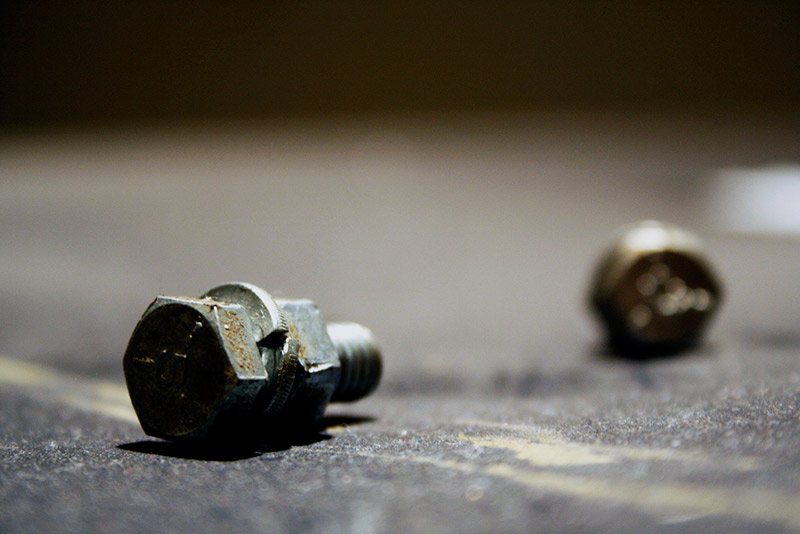
To get a better idea of when and where you should use each instance of baka, I’ve put together some situations so you use the right baka at the right time. Check out each example sentence and it baka translation.
#1. To rail at someone who made a mistake or did something stupid.
- ばか!
- ばかもの!
- ばかやろう!
#2. To regret that you or someone else did something stupid.
- 馬鹿(ばか)なことをした
- I/You/He/She/They did such a stupid thing.
In this case, you can add a suffix like 馬鹿なことをしたよ(yo), 馬鹿なことをしたな(na), 馬鹿なことをしたね(ne), 馬鹿なことをしたもんだ(monda) to the end for adding some more specific nuance. Read our explanation of the particle ne ね() to understand what kind of meaning it will add.
#3. To look down on someone who doesn’t know something you consider to be common knowledge.
- 〜も 知らない(し )の? 馬鹿(ばか)だね
- You don’t even know ~? You are such a simple minded person
- テストで0 点(てん) 取った(と )の? 馬鹿(ばか)だな
- You got a score of 0 on the test? You must be pretty dumb.
#4. Someone who can’t think objectively or rationally about something.
- ” 親馬鹿(おやばか)– 親 means parents and combines with baka to become 親馬鹿 means ‘overly-fond parents’. In this case, a parent loves their child/children so much that they can’t think objectively or rationally when it comes to them.
#5. Someone who is only well learned in one subject and lacks common knowledge. In this usage, the baka meaning is similar to otaku.
- あいつは 数学(すうがく) 馬鹿(ばか)だから。
- He is crazy about math.
- あいつは 野球(やきゅう) 馬鹿(ばか)だから。
- He is crazy about baseball.
- あいつはサッカー 馬鹿(ばか)だから。
- He is crazy about soccer.
#6. Something that is useless or broken.
- ネジが 馬鹿(ばか)になる。
- The screw loosened and won’t fasten anymore.
- 嗅覚(きゅうかく)が 馬鹿(ばか)になる。
- Your sense of smell has become stupid.
#7 Used as a prefix to express something extraordinary.
- 馬鹿正直(ばかしょうじき)
- 超正直
- 馬鹿(ばか)デカイ
- 超大
- 馬鹿方言(ばかさわ)ぎ
- パーティーアウト
- 馬鹿方言(ばかう)け
- とても面白い、とても人気がある
- 馬鹿売(ばかう)れ
- 売れ行きが良かった
li>
バカ方言
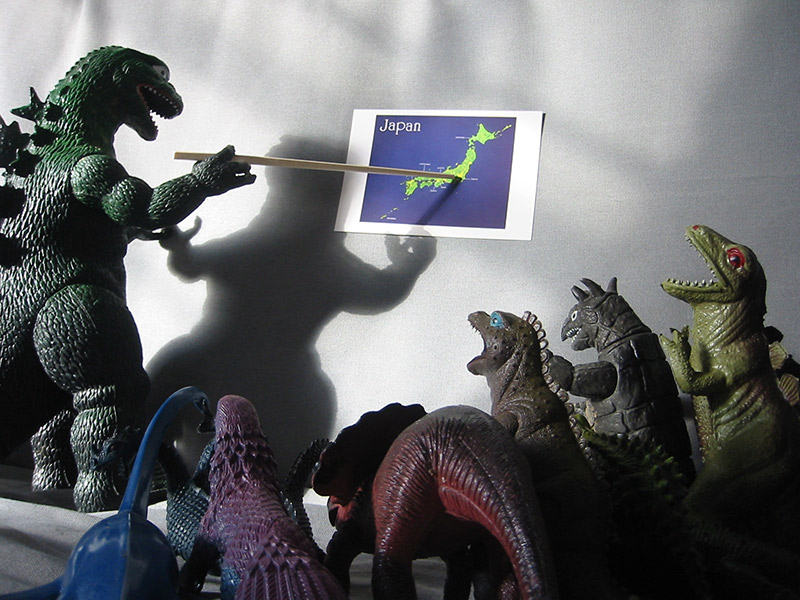
先ほどバカの北海道方言の違いについて簡単に触れましたが、各県の方言も学んでみませんか?馬鹿ばか()だけを使っていて、弁証法のバリエーションがない場所もありますが、ほとんどの場所では、人々を愚かと呼ぶ楽しい方法があります。 (注:県内の地域によっては、表現が異なる場合があります。日本の方言は、県の境界によって完全に分割されていません。)
- 沖縄:ふらーー()
- かご島:ばかばか()
- 宮崎:しちりんしちりん()
- 大田:ばかたんばかたん()
- 熊本:あんぽんあんぽんたん()
- 長崎:ばかばか()
- 佐賀:にとはしゅにとはしゅ()
- 福岡:あんぽんたんぽんたん()
- 高知:あほうあほ○()
- 絵姫:ポンケぽんけ()
- 香川:ほっこほっこ()
- 徳島:あほあほ()
- 山口:バカバカ()
- シマネ:ダラジだらじ()
- トットリ:ダラズだか()
- ヒロシマ:バカバカ()
- 岡山:あんごあんごー()
- 若山:あほあほ()
- 奈良:あほあほ()
- 兵庫:だぼだぼ()
- 大阪:doahoどあほ()
- 京人:ahoあほ()
- 志賀:ahouあほー()
- 三重:あんごあんご()
- ギフ:タワケたって()
- アイチ:タケたーけ()
- 静岡:バカバカ()
- 福井:あほあほ()
- 石川:だらだら()
- 富山:だらだら()
- 二方:ばかばか()
- 長野:めけさくぬけさく()
- 山梨:めけさくぬけさく()
- 神奈川:ばかばか()
- 東京:ばかばか()
- 千葉:ばかばか()
- 埼玉:ばかばか()
- 組馬:ばかばか()
- 富山:臼場うすばが()
- いばらき:でれで()
- 福島:ばかばか()
- 山形:あんぽんふんたん()
- 秋田:ばかかばかけ( )
- 宮城:本田那寿ほんなす()
- 岩手:どぼけとぼけ()
- 青森:本人梨ほんじなし()
- 北海道:ハンカクサイはんけんさい()
どれが好きですか?私は佐賀のにとはしゅにとはっしゅ()です。かわいく聞こえますね
私たちはみんなバカです!
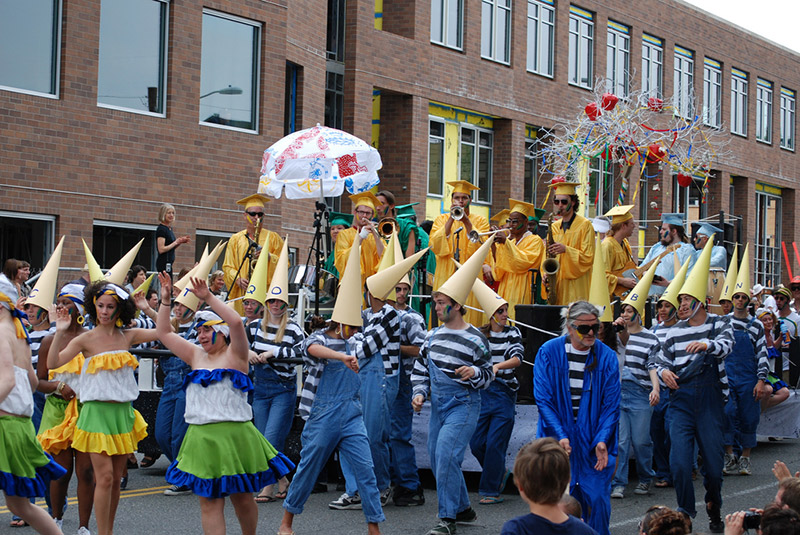
Harlan Ellisonはかつて、「世界で最も一般的な2つの要素は水素と愚かさです」と述べました。愚かになる方法はたくさんあるので、私たち人間はそれを呼び出すのと同じくらい多くの方法が必要です。だから、これらの「馬鹿」のバリエーションを研究して、人生があなたに投げかけるどんな愚かな状況にも備えることができます。自分で作った馬鹿の渦に気をつけていないときは、自分自身を説明してください。釣りが好きなことを話したり、カジュアルな日本人の罵倒で蒸気を吹き飛ばしたりする場合でも、馬鹿馬鹿(ばか)を責任を持って効果的に、そして少しばかげて使用してください。